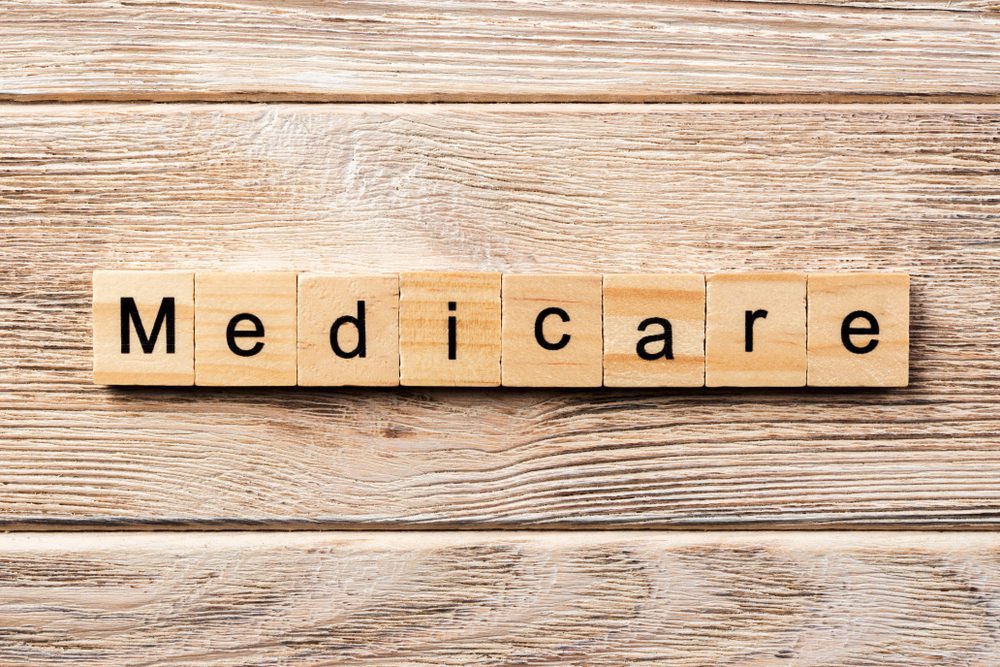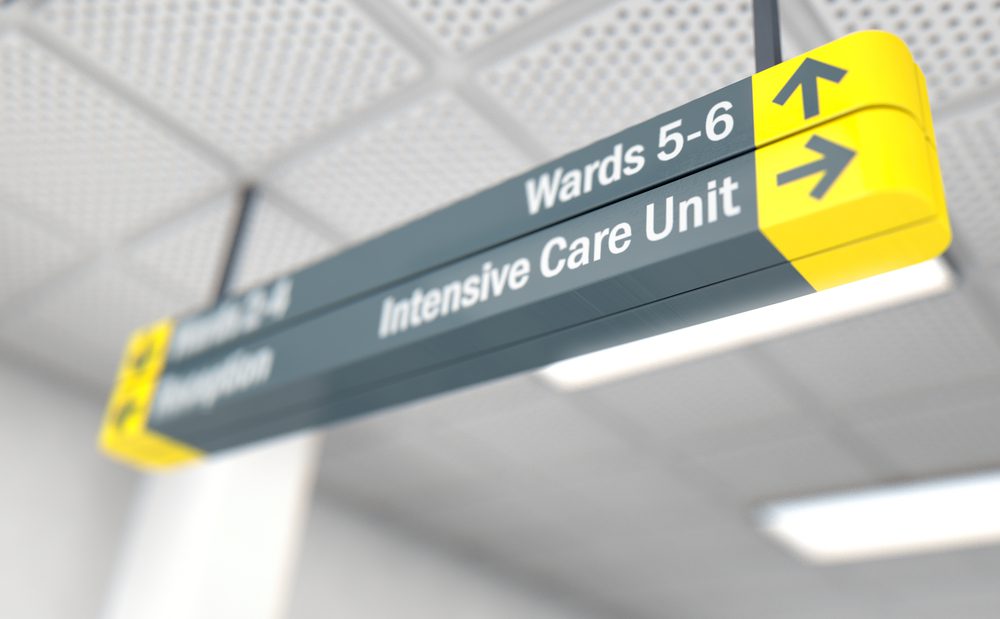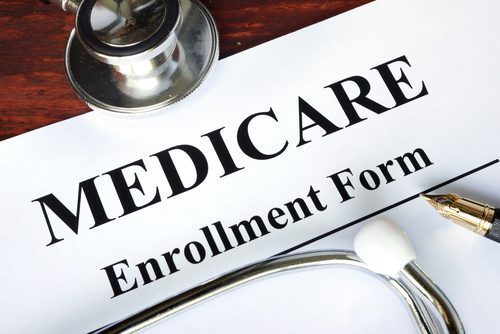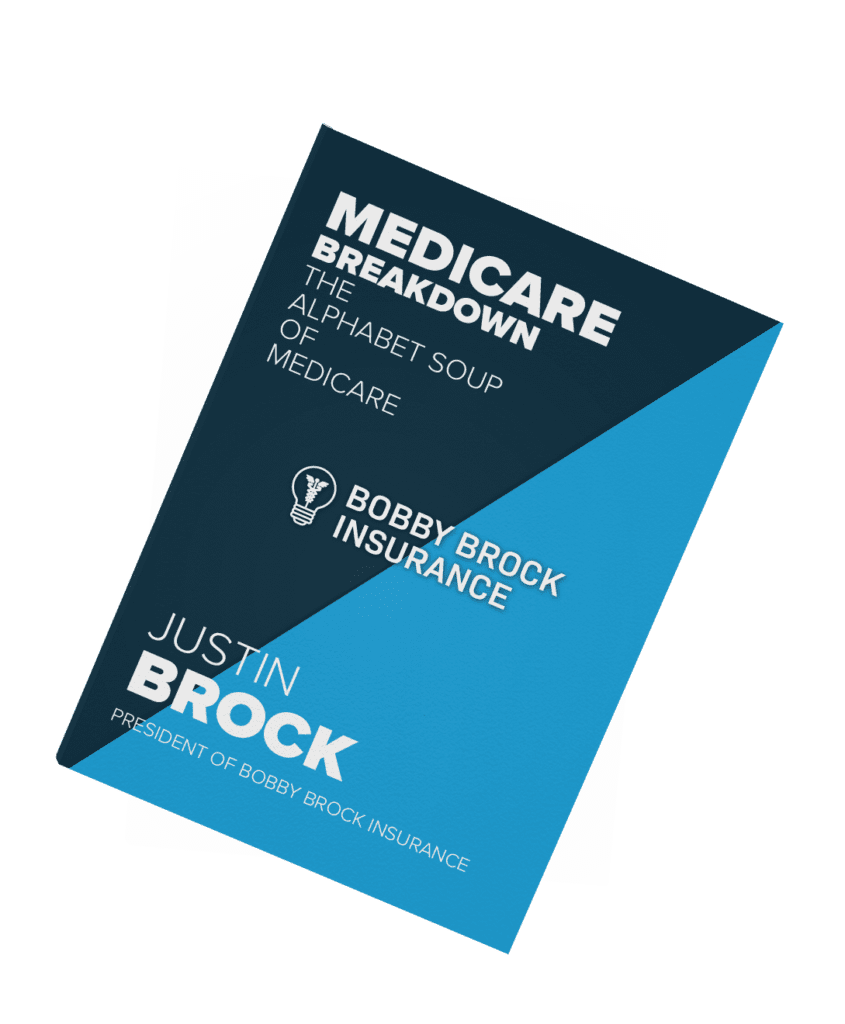If you are turning 65 and are eligible for Medicare, or if you are already enrolled in Medicare, you shouldn’t be left in the dark when it comes to understanding everything involved with your plan.
To give you a better understanding, here are the most common terms you should know regarding Medicare:
Appeal
If you disagree with the coverage you have with your Medicare plan or have been wrongly denied coverage, you can file an appeal. To make your appeal stronger, you can have your doctor write a statement in support of your reasons to file an appeal.
Assignment
If your doctor or other healthcare provider accepts assignment, they will accept the Medicare-approved amount as a full payment to cover services. If they do not accept assignment, this could lead to you paying for the services during the time you receive them, or even paying more than what Medicare would have paid. You should always check with your healthcare provider about their policies on assignment.
Coinsurance
Coinsurance is a percentage of the Medicare-approved cost of your services that you will need to pay. Depending on which part of Medicare you enroll with, your coinsurance will vary.
Copayment
For every medical service you receive, you will be expected to pay out-of-pocket for a copayment. Copayments are not only limited to doctor visits but prescription medications as well.
Deductible
Deductibles are another out-of-pocket cost that you will be expected to pay for your healthcare or prescriptions before your Medicare plan starts to make the payments instead. For Medicare Part A, the deductible for each benefit period is $1,408 as of 2020. The Medicare Part B deductible is $198 as of 2020. Once you meet the Part B deductible, you will only need to pay 20% of the Medicare-approved amount for the services you receive.
Donut Hole
The donut hole, or coverage gap, is the phase of Medicare Part D coverage after your initial coverage period. When you enter the donut hole, it’s because your total drug costs reached a certain limit. In 2020, the limit to hit is $4,020. Once you hit the donut hole, you’ll only be expected to pay 25% of the retail cost of medication, rather than 100% compared to previous years.
Formulary
A Medicare Part D formulary is a list of medications that are covered under Part D. You can receive coverage for antidepressants, antipsychotics, anticonvulsants, immunosuppressants, anti-cancer medications, HIV/AIDS drugs, and common vaccines to prevent illness.
General Enrollment Period
The General Enrollment Period lasts from January 1 to March 31 every year. If you missed the Initial Enrollment Period or were not automatically enrolled in Original Medicare, you can use this period to enroll and your coverage will start on July 1. Keep in mind that you may face late-enrollment penalties for not enrolling during the Initial Enrollment Period.
Guaranteed-Issue Rights
Guaranteed-issue rights are rights you have to enroll in a Medicare Supplement plan and not be denied enrollment. You will typically get these rights when your current health coverage changes, such as you lose your coverage.
In-network
Some Medicare Advantage Plans will want you to visit doctors, hospitals, and pharmacies under contract with Medicare. Depending on the plan you’re enrolled in, you can only receive coverage for your medical services by going to these specific doctors, hospitals, and pharmacies.
Initial Enrollment Period
Your Initial Enrollment Period (IEP) begins three months before your 65th birthday and ends three months after your 65th birthday. During this period, you will have the opportunity to enroll in Medicare Part A, Part B, Part C, or Part D.
Medigap
Medigap, also known as Medicare Supplement plans, help you cover the out-of-pocket costs left behind by Medicare. There are ten Medigap plans to choose from: Plan A, B, C, D, F, G, K, L, M, and N. When you receive medical services, Medicare Part A and Part B will pay their share first, then your Medigap policy will pay.
Open Enrollment Period
The Open Enrollment Period, also known as the Annual Election Period, lasts from October 15 to December 7 every year. During this period, you can make changes to your coverage, such as switching to a Medicare Advantage plan from Original Medicare.
Out-of-network
Out-of-network refers to doctors, hospitals, and pharmacies that are not under contract with Medicare. If you are in a Medicare plan that suggests or requires you to get your medical services from in-network locations, but instead choose to go to out-of-network locations, you may not receive coverage for those services from Medicare.
Part A
Medicare Part A, also known as Original Medicare, covers inpatient costs, skilled nursing facility care, home health care, and hospice care. If you receive Social Security or Railroad Retirement Board benefits, you will receive premium-free Part A.
Part B
Medicare Part B, also known as Original Medicare, covers outpatient costs, provider services, durable medical equipment, home health services, ambulance services, preventative services, x-rays and lab tests, and certain prescription drugs.
Part C
Medicare Part C, also known as Medicare Advantage, provides you the same coverage as Original Medicare, but may also provide dental and vision coverage, caregiver counseling and training, housekeeping, and prescription drug coverage. To enroll in Part C, you must first be enrolled in Original Medicare.
Part D
Medicare Part D, also known as the Medicare prescription drug plan, can be purchased as a stand-alone plan through an insurance company, or with a Medicare Advantage Plan. With Part D, you can receive coverage for antidepressants, antipsychotics, anticonvulsants, immunosuppressants, anti-cancer medications, HIV/AIDS drugs, and common vaccines to prevent illness.
Special Enrollment Period
The Special Enrollment Period allows you to enroll in a Medicare plan if you cannot do so during the other enrollment periods. For example, if you are moving out of your plan’s service area or are losing coverage from your employer, you can enroll for a new plan during the Special Enrollment Period. The Special Enrollment Period will last two months.
We offer Medicare help for free!
If you’re turning 65 and are having trouble understanding all the information being thrown at you, let us help. We help thousands of Medicare beneficiaries all over the United States pick and keep the best Medicare plans suited to their needs. Give us a call today at 662-844-3300 or fill out our online form.
Related Blog Posts
-
Intensive care is known as the specialized medical treatment given to people who are acutely sick and need critical medical…
-
For most people, their Medicare enrollment process will begin three months before they turn 65, which marks the beginning of…













